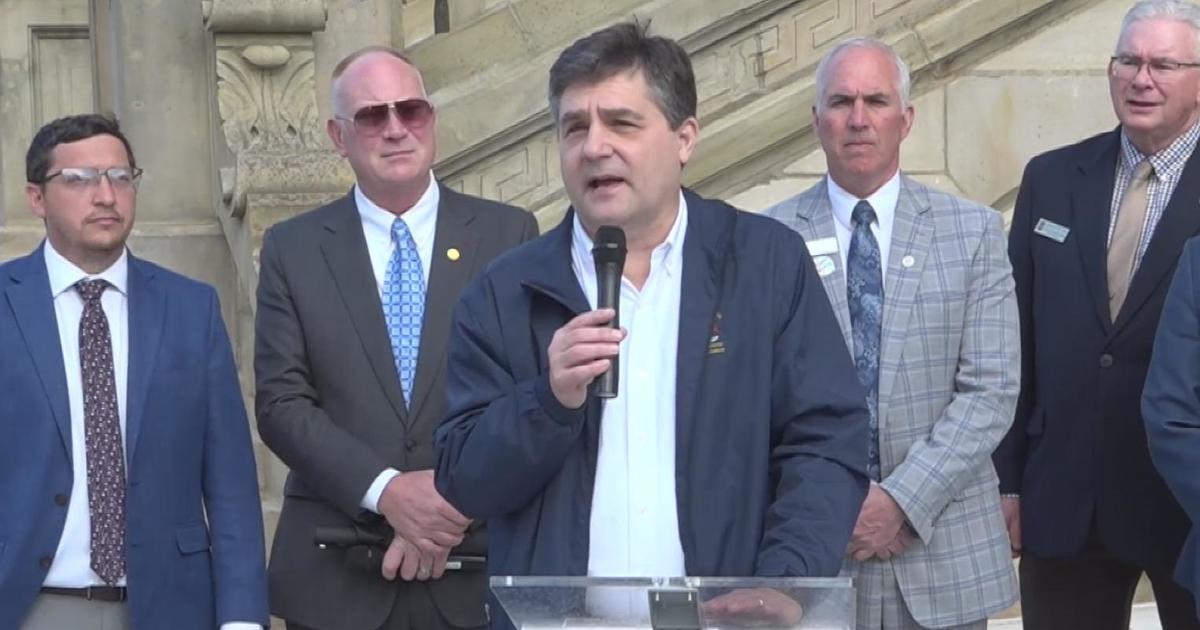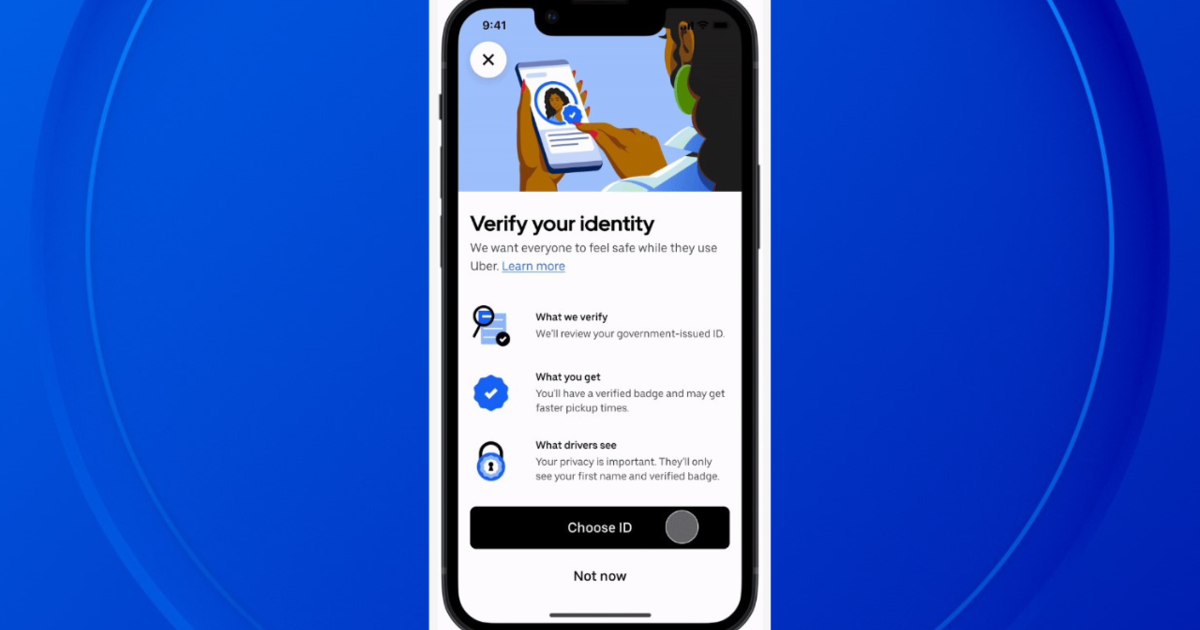Ian Port On The Future Of The Electric Guitar: 'This Instrument Isn't Going Away'
 Photo Courtesy of Simon & Schuster
Photo Courtesy of Simon & Schuster
Electric guitars are as American as baseball and apple pie. In his new book from CBS sister company Simon & Schuster, author Ian Port dives into the rivalry that shaped the evolution of the electric guitar with The Birth Of Loud. This in-depth look at the history of Leo Fender and Les Paul sheds light on the humble beginnings for two of the most iconic guitars in the world today.
CBS Local's Matt Weiss spoke to Port to discuss Fender and Paul's relationship with one another, how the studio became an instrument all of its own and the future of the electric guitar in pop music.
MW- Hi Ian, how are you today?
IP- Doing well Matt!
MW- Fantastic, so the book is called The Birth Of Loud and it's about the electric guitar rivalry between Leo Fender and Les Paul that shaped rock 'n' roll. I know you're a guitar player yourself but can you go into your inspiration for writing the book?
IP- I was a music journalist in San Francisco for many years and I knew of course that the Fender Stratocaster and the Gibson Les Paul were incredibly cherished tools by musicians. They're kind of like the Apple and Microsoft of the guitar world, the Ford and Chevy, the Coke and Pepsi. What I didn't know was that before they were rivals they were actually friends tinkering away together in a garage in Hollywood back in the 1940s trying to find a new sound for the electric guitar. When I found that out I knew there had to be a good story to tell.
MW- And an interesting thing you discuss in the book is that Fender and Paul couldn't have been more different as individuals despite their common goals, can you discuss that dynamic a bit?
IP- Leo Fender couldn't play an instrument at all, he was a tinkerer, a radio repairman - brilliant at fixing electronics and he wanted to give musicians better tools. Les Paul meanwhile was a brilliant musician. He was a professional guitar player before he had graduated from high school. He wanted an electric guitar sound that would make him stand out so he could be a real star.
Les Paul in the 1940s had a recording studio in his garage which was a really rare thing. This attracted all kinds of musicians and tinkerers and that's why Leo Fender came to the recording sessions that were happening there. He would talk to Les and they came up with the idea for a new solid body electric guitar.
MW- While Fender and Paul may have had the biggest impact it's not like they were the only ones working on electric guitars, they didn't invent the electric guitar. What was it about these two that made them stand out to leave a legacy?
IP- In a sense, Fender launched the company that gave electric guitars, kind of, all of their tools. From the standard affordable models to a full line of amplifiers. For a long time if you wanted an electric guitar, no matter your experience or price range there was a Fender for you.
Les Paul meanwhile ended up putting his name on Gibson's first solid bodied electric guitar. Gibson is a huge guitar company has a storied history reputation and so Les' name kind of lived on even past the peak of his fame as the name on this famous guitar that a lot of people knew and loved and adopted.
MW- You're a huge student of music obviously, what is something you found particularly interesting that you discovered during your research for The Birth Of Loud?
IP- One of the things that struck me was that we think of rock 'n' roll as this big bang, this thing that happened all at once. It was really interesting to me to go back and read and listen and learn that rock 'n' roll really built off what came immediately before it. A lot of what we know as rock 'n' roll was built off country and jazz and stuff like that. We called it rock 'n' roll and it seemed like there was this brand new thing that came out of nowhere but it really evolved over time.
MW- And as the music changes overtime Les Paul was actually a pioneer not just with the electric guitar but he was also one of the first to use the studio itself as an instrument. That style that is so popular today really began with Les Paul, can you discuss how he originated that movement?
IP- So since Les had his own studio in his garage he had the time to do things that professional studios couldn't afford to do. One of those things was multi-tracking where you layer different instrumental sounds over one another to create a record. Instead of playing a whole song through with all of his bandmates there you play one layer then another layer then another and you create a recorded art out of all of that.
That's how people make music today and Les Paul was the first to really do that and to realize how much creative potential you can get out of that. You can come up with all these sounds and there doesn't have to be someone there to play them all at once in the studio. That's just how people make music today. It's hard to separate a song from its recording anymore.
MW- You don't see as many bands anymore it's more singular acts or the instrumentals are made in a studio on a computer. What do you see as the future of the electric guitar? Ten years ago with the explosion of pop-punk, you heard the electric guitar on the radio all the time and now it's more studio producers. Where do you see the music industry going?
IP- I think reports of the electric guitar's death have been greatly exaggerated. People look at pop and ask where the guitars have gone but people are using electric guitars in the studio. Electric guitars are still used in traditional ways if you look at country music and independent rock music. Even if you look at hip-hop and R&B there are still lots of artists who are adding electric guitars to their songs to get that flavor in there.
In a bigger sense, I think music is cyclical and things go away and come back and get rediscovered and re-purposed. As long as the electric guitar remains viable and useful to musicians, as I think it will, I think we'll see it come back in some form or another. Whether that will look like Guns N' Roses or Blink-182 I can't say but this instrument isn't going away. The electric guitar is too useful, it's too cool, people still love it too much.
MW- I hope so I'd love to hear it on the radio more when I'm scrolling through stations. I have read The Birth Of Loud and it's really interesting for anyone who enjoys music so I want to thank you for all your work and thanks for taking the time to speak with me today!
IP- Thank you, Matt, take care!



